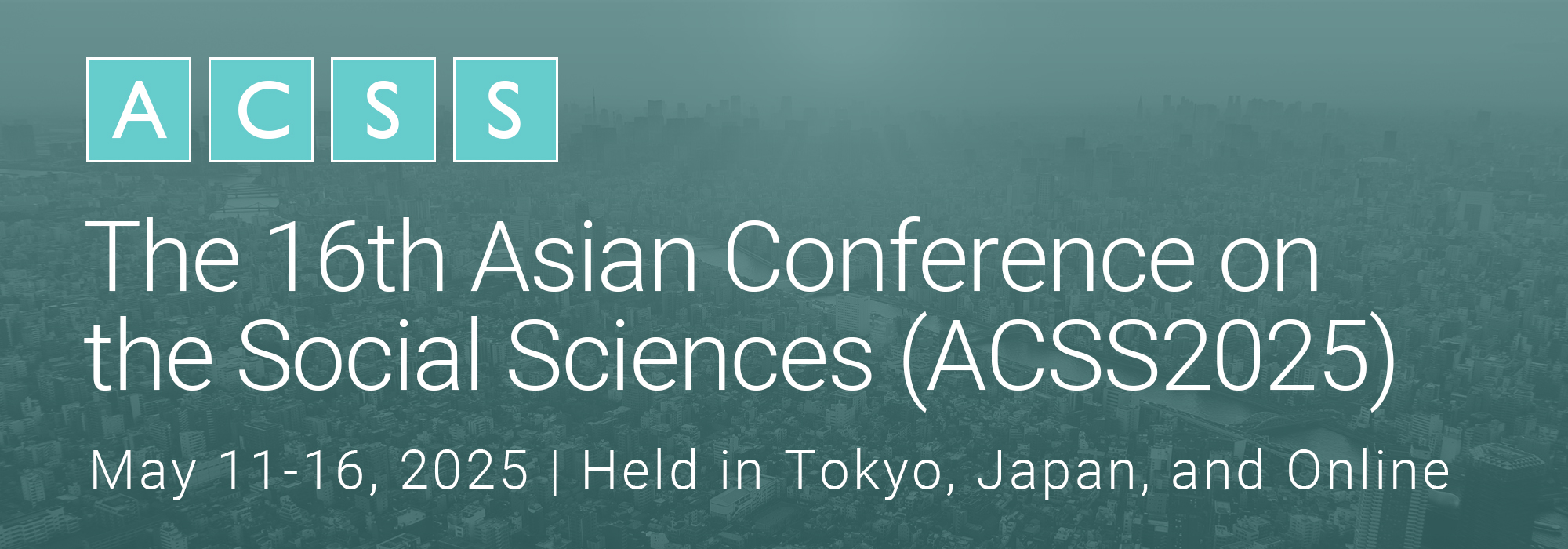Study on the Influencing Factors of Medical Students’ Learning Concentration, Course Attendance, and Learning Engagement (80383)
Session Chair: Yun-Ting Huang
Sunday, 26 May 2024 10:45
Session: Session 1
Room: Room 607
Presentation Type: Oral Presentation
The significance of medical students' learning concentration, course attendance, and learning engagement in the educational milieu of medical training is paramount. Research has consistently shown that these factors significantly influence the effectiveness of medical education and the subsequent competence of healthcare professionals (Christenson et al., 2011; Dewhurst et al., 2016; Subramaniam et al., 2019). Without adequate concentration, medical students may struggle to grasp intricate concepts and apply them in clinical scenarios, potentially hindering their ability to develop proficient clinical reasoning skills (Cook et al., 2018). Also, regular attendance ensures exposure to a structured curriculum, providing students with a comprehensive foundation in medical sciences and clinical practice (Subramaniam et al., 2019). Otherwise, actively participating in discussions, asking questions, and seeking clarification contribute to a more profound engagement with the subject matter (Hwang & Kim, 2015).
Despite the growing interest in the field of student’s learning engagement, medical education research in this area is still fragmented. The study analyzed the data in school of medicine in C University in 2023 by qualitative methods. Participants were asked to complete the learning process interview. The results of the present study indicated that the influencing factors of medical students' learning concentration and learning engagement are “Teacher's Sense of Humor”, “Course Enjoyability Level” and “Teacher's Level of Concern for Students”; the influencing factors of medical students' course attendance are “Avoiding Failure”, “Course Value”, “Historical Course Evaluations”, and “Personal Fatigue Level”. Based on the findings, the implications and suggestions for medical education and future research were discussed.
Authors:
Yun-Ting Huang, National Cheng Kung University, Taiwan
About the Presenter(s)
Dr Yun-Ting Huang is a University Assistant Professor/Lecturer at National Cheng Kung University in Taiwan
See this presentation on the full schedule – Sunday Schedule





Comments
Powered by WP LinkPress